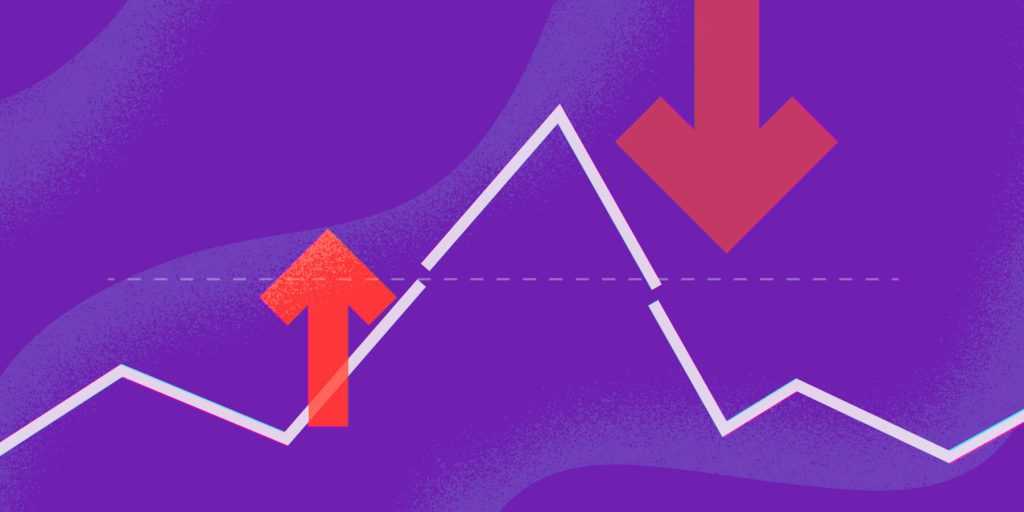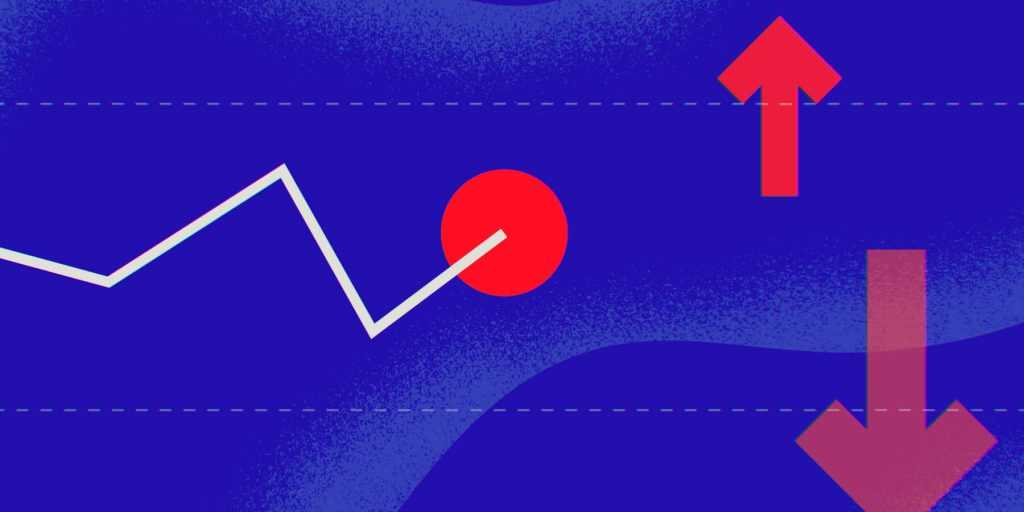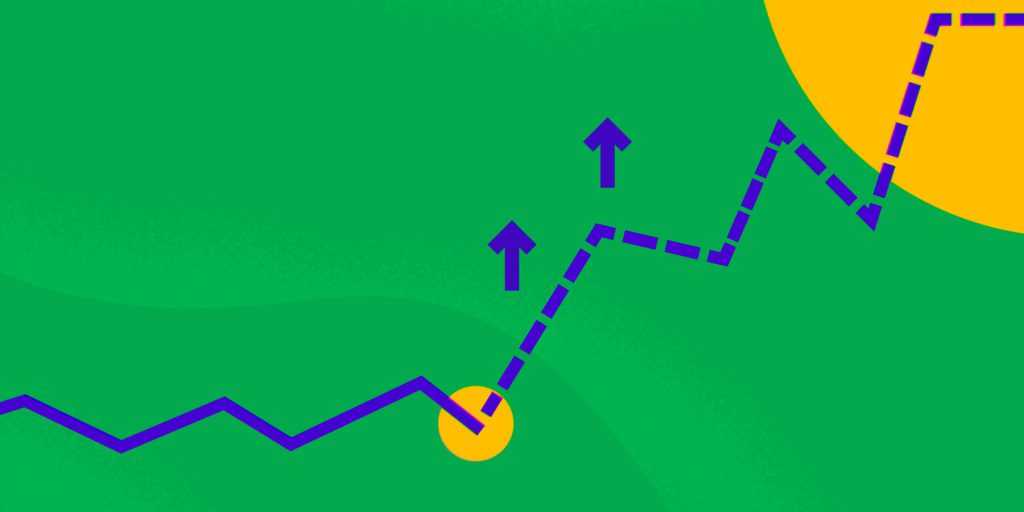A trading style is a reflection of your personality. Some people thrive on action and fast-paced environments, some like to analyze deeply before making a decision, some like to read, others are visual. What’s for certain is that everyone is very different.
Three trading styles described below are very broad, and mostly every trader fits into one of them. Deciding what your trading style is based on your personality is one of the key steps to becoming a consistent trader.
Scalping
Scalpers view the market in terms of seconds (or fractions of seconds) and minutes, rather than hours or days. These traders analyze short term price movements, and take small profits or losses many times over the course of a trading session.
Scalping used to be the domain of Pit Traders, who’d work the spread on futures contracts. As you can imagine, speed is a significant advantage to this style of trading, and has almost exclusively become the playground for HFTs and algorithmic traders. At the retail level, scalping in the Forex market may seem difficult, especially in the very beginning. It is, however, possible to be a successful scalper if you use a disciplined approach and a solid strategy. Scalping is really intense as traders need to constantly watch their screens for setups.
New traders often try to be scalpers. The strategy gives newcomers exactly what they want, action. However, most novice traders are pretty quick to find out that in reality scalping requires a lot of skill, knowledge and patience.
Swing trading
Swing traders typically hold trades from anywhere between a few hours to a few days. They believe the price will move in a certain direction over the course of a relatively short time, with the price hitting their predetermined take profit or stop loss levels. Swing trading is a reasonably active strategy. Depending on the strategy it can offer from 1 to 30 (or even more) trade setups per week. How active a swing trader wishes to be depends entirely on his personal preferences.
Swing traders generally use technical analysis and look at charts for entry and exit points. Reasons for entering and exiting trades are mostly based on technical patterns. This is probably the most common trading style for retail Forex traders, especially those at the very beginning of their trading journey. In saying that, it doesn’t mean that professional traders do not favor this trading style and strategies associated with it. Combining some aspects of fundamental analysis and technical setups could also enhance this type of trading.
Position trading
Position traders are the FX equivalent of “investors”. They are focused on the longer term, and generally use some form of macroeconomic analysis to make their decisions. These trades can take anywhere between one month and a couple of years to come to fruition. Institutional traders often fall into this category, due to both the size of the positions they hold and the level of sophistication they have.
Macro hedge funds put significant resources into economic forecasting and analysis, and often take trades over the long-term based on this research. This also allows them to trade larger positions, work in and out of positions over time, and exit for larger payouts. The greatest trades of all time fall into this category, George Soros “breaking” the Bank of England, the long US Treasury Bond, even the “Big Short”… These can all be described as long term trades based on macroeconomic factors.




